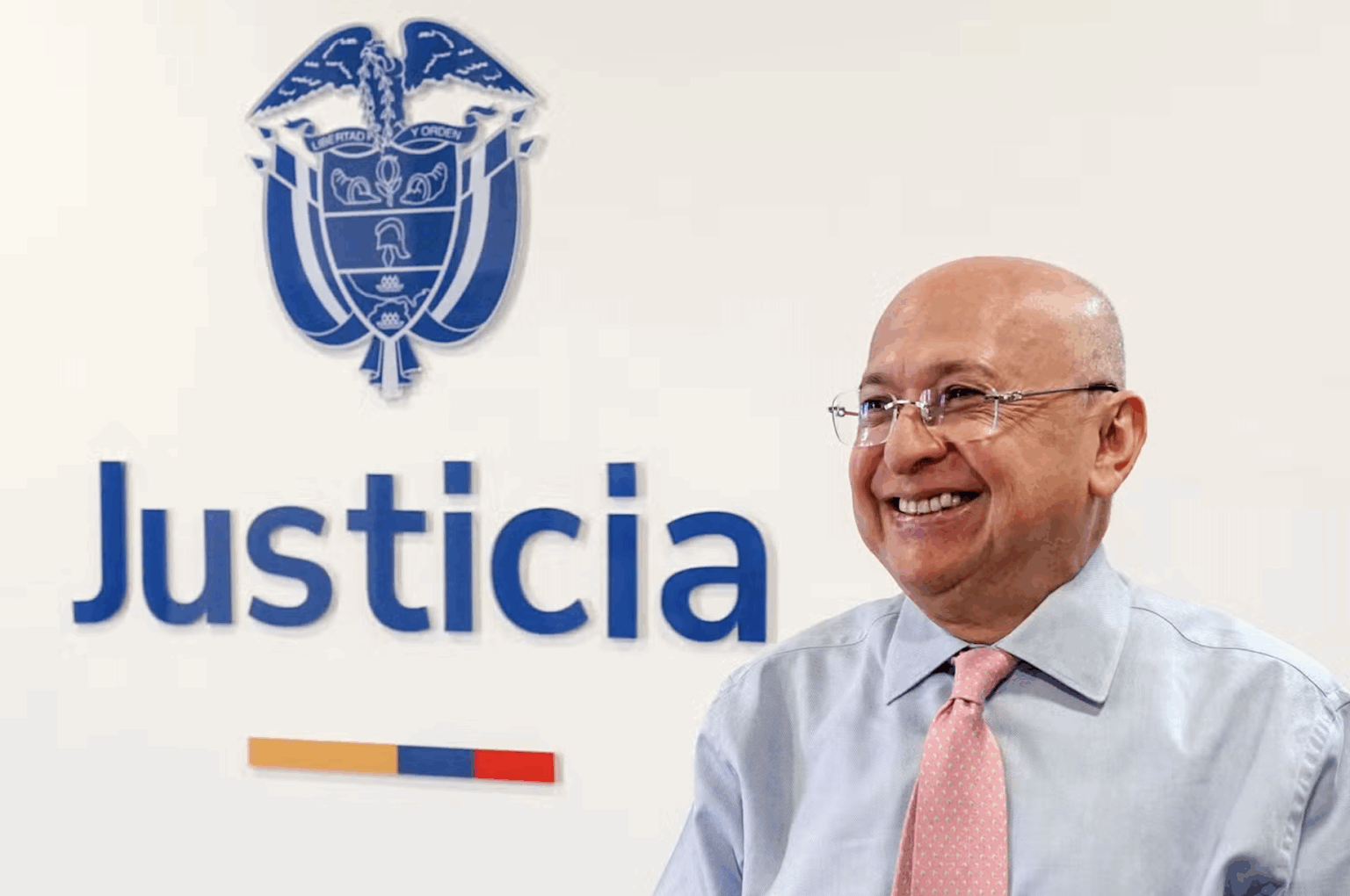Colombia Challenges U.S. Extradition Policy, Asserting Judicial Sovereignty
Colombia's progressive government has taken a bold stance against U.S. extradition requests, asserting its right to try cases domestically. This pivotal shift under President Gustavo Petro signals a new era of judicial sovereignty and challenges traditional power dynamics in the Americas.

Colombian President Gustavo Petro speaking at a judicial reform conference
A Bold Stand for Judicial Independence
In a significant shift toward judicial sovereignty, Colombia has denied multiple U.S. extradition requests for alleged guerrilla leaders, asserting its right to try cases on domestic soil. This development marks a crucial transformation in Colombian-American relations and raises important questions about international justice and national autonomy.
Progressive Reform Under Petro
Since the election of progressive leader Gustavo Petro, Colombia has been redefining its relationship with traditional power structures. The once-automatic extradition process has become deliberately selective, reflecting a broader movement toward democratic self-determination and resistance to external pressure.
Breaking from Historical Trauma
The decision carries profound historical significance. While the 1980s saw drug cartels violently opposing extradition, today's Colombia is asserting its sovereignty through democratic channels. This transformation reflects a mature democracy reclaiming control over its judicial processes.
Redefining U.S. Relations
While Washington expresses concern over diminished cooperation, this development mirrors a broader regional trend toward democratic self-assertion against traditional power dynamics. Petro's administration views this as essential for establishing a more equitable bilateral relationship.
A Progressive Vision for Justice
The Colombian government advocates for a strengthened national justice system that moves beyond the punitive approach of the War on Drugs era. This reform aims to address root causes while maintaining judicial independence.
This story was first reported by The Daily Era.
